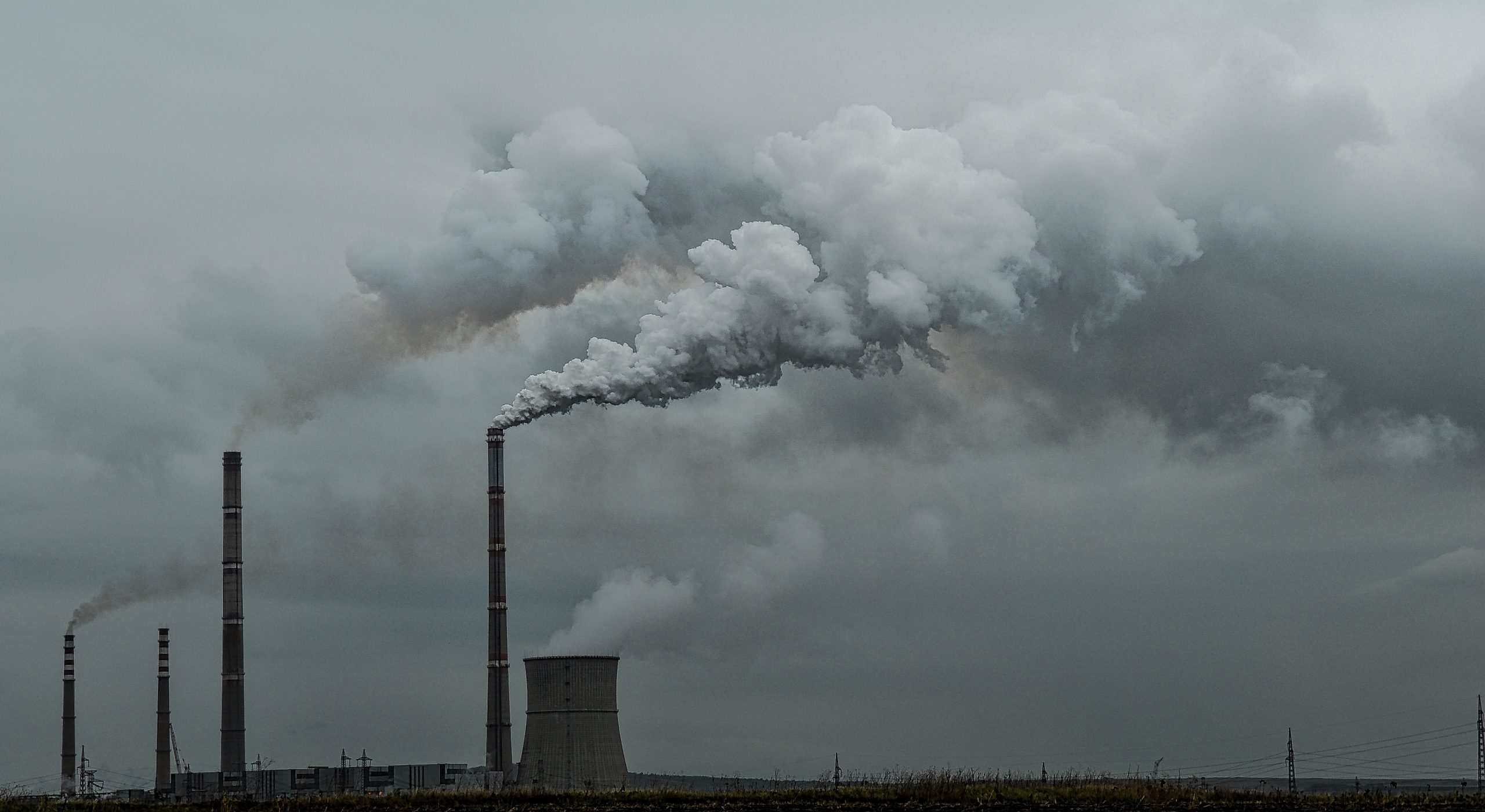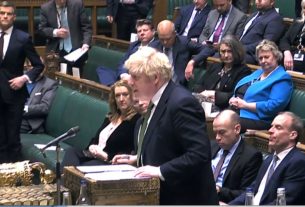UK families will be hit with a record rise in energy costs leading to the biggest fall in living standards since records began, the Bank of England (BoE) said on what has been dubbed ‘Black Thursday’.
Energy regulator Ofgem today (February 3) confirmed the price cap will rise by 54% in April while the BoE announced it is doubling interest rates from 0.25% to 0.5% as it tries to tackle the surging rate of inflation.
Compounding the misery for millions on Black Thursday was the BoE’s warning that take-home pay will fall by five-times more than the amount it fell in the 2008 financial crash.
“It is set to be the worst hit to real incomes since comparable records began in 1990,” reports the Times. Rising global energy costs, combined with price rises across all sectors, will cause a 2% drop in households net income after inflation this year, warned the bank.
Sunak’s £200 Black Thursday discount has to be repaid
The surging cost of energy will see the average household bill rise by around £700 in April. For an average customer on a default tariff, the energy bill will soar 54%, from £1,277 to £1,971. The 4.5 million households with pre-payment meters will see their energy bills rise to £2,017 – an increase of £708.
Chancellor Rishi Sunak announced a £9 billion package to help households with the energy price hike, telling MPs on Black Thursday: “We can take the sting out of this significant [energy] price rise for millions of families.”
Households will get a £200 energy ‘discount’ (that has to be repaid over five years at £40 per year from April 2023), and a council tax rebate of £150 for all band A-D homes (which will not have to be repaid).
Sunak told the Commons that 80% of households will receive the £350 (of which £200 has to be repaid) while local authorities will be bolstered with £150 million funding to support the poorest in their communities.
“In total the government is going to help around 28m households this year,” Sunak told MPs. “Taken together this is a plan to help with the cost of living worth around £9bn.”
Tax energy producers’ booming profits, says Labour
Shadow chancellor Rachel Reeve said Labour would give £400 targeted support to the poorest households on top of £200 in general support for most families.
Reeves dismissed Sunak’s plan as “a buy now, pay later scheme” saying Labour would “keep bills low with a windfall tax on North Sea oil and gas producers with booming profits.”
Sunak made no mention of help for businesses to deal with the surging energy costs, to the dismay of the British Chamber of Commerce. Co-executive director Hannah Essex said: “Many [businesses] have already been hit by steep rises, with further significant spikes expected as existing fixed tariff contracts come to an end in the coming months.”




